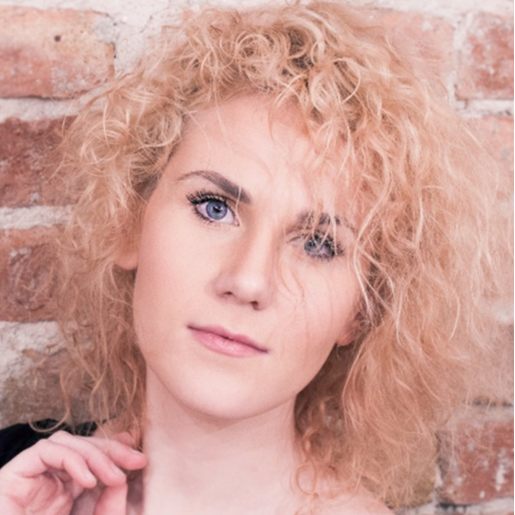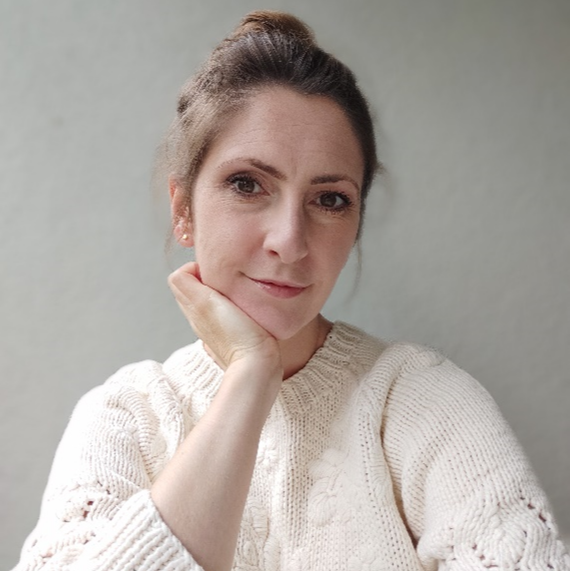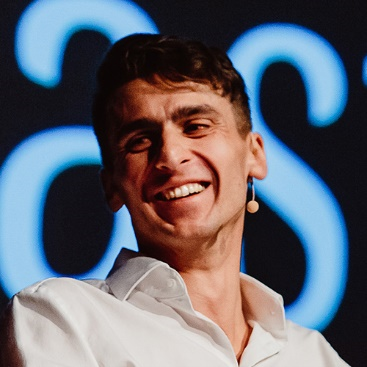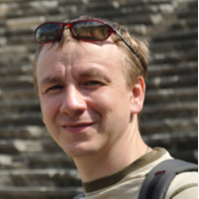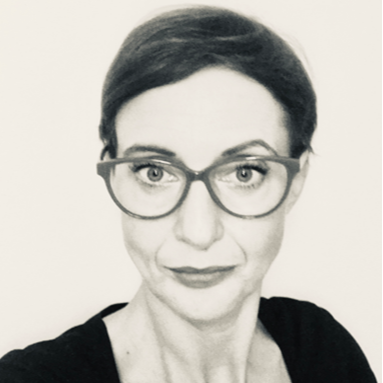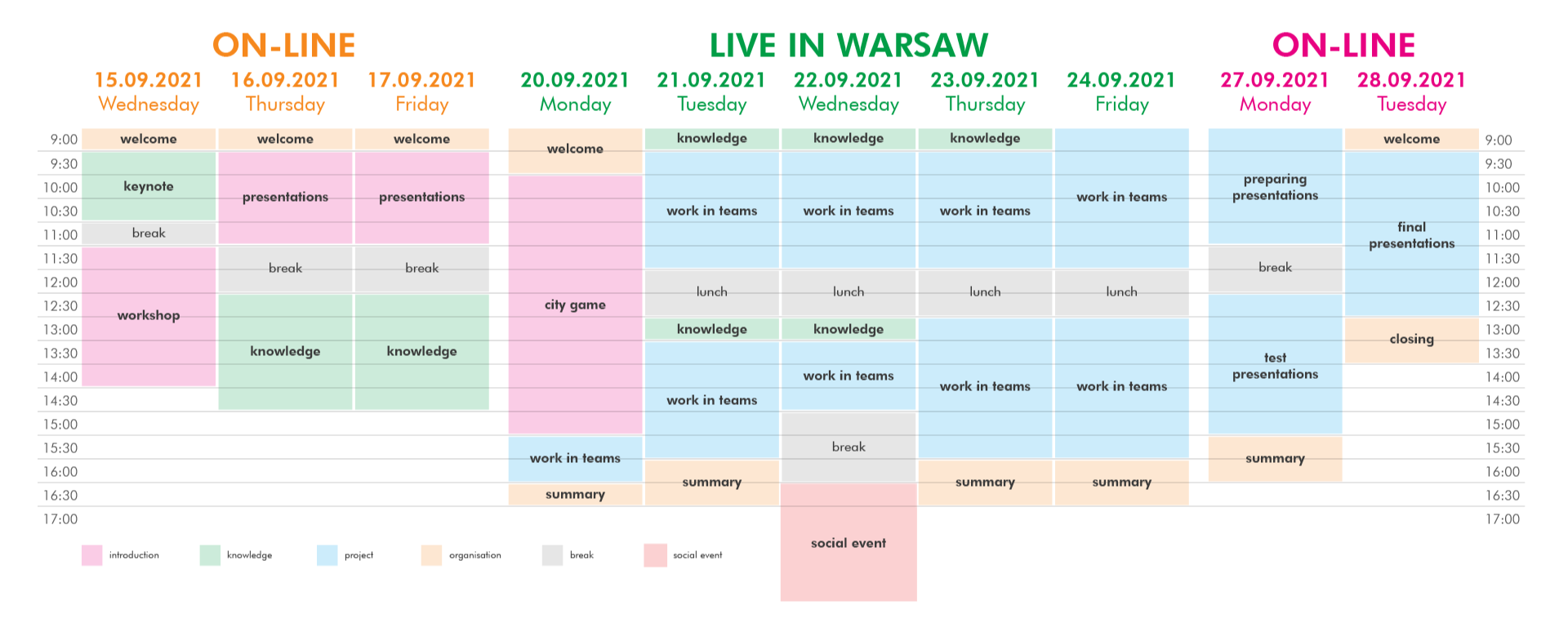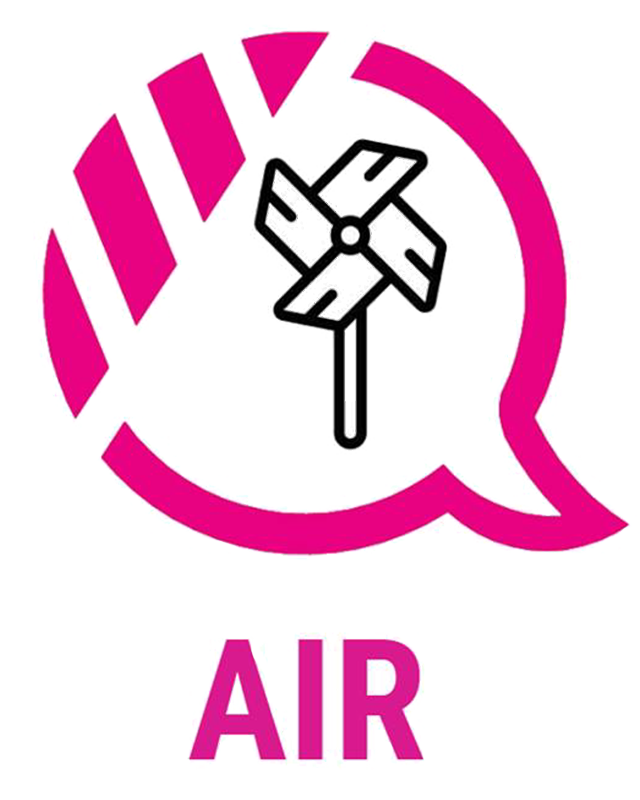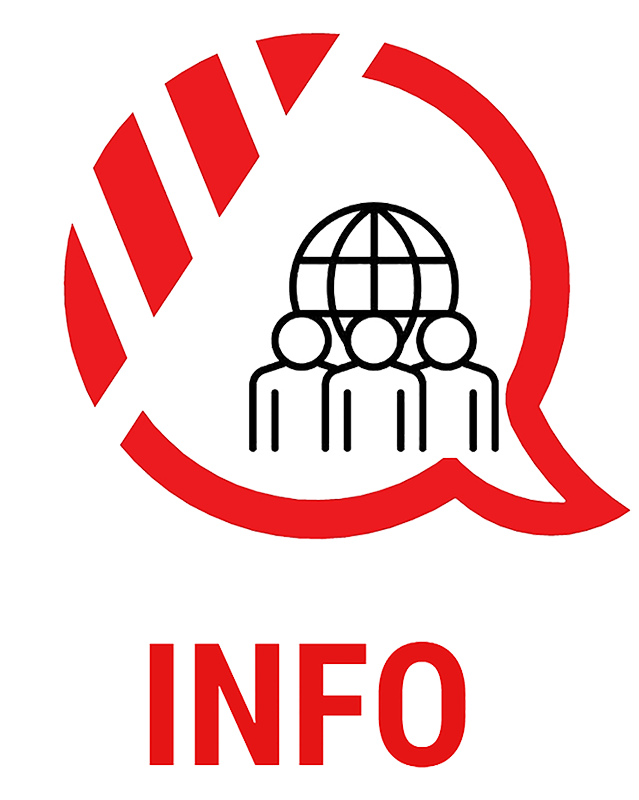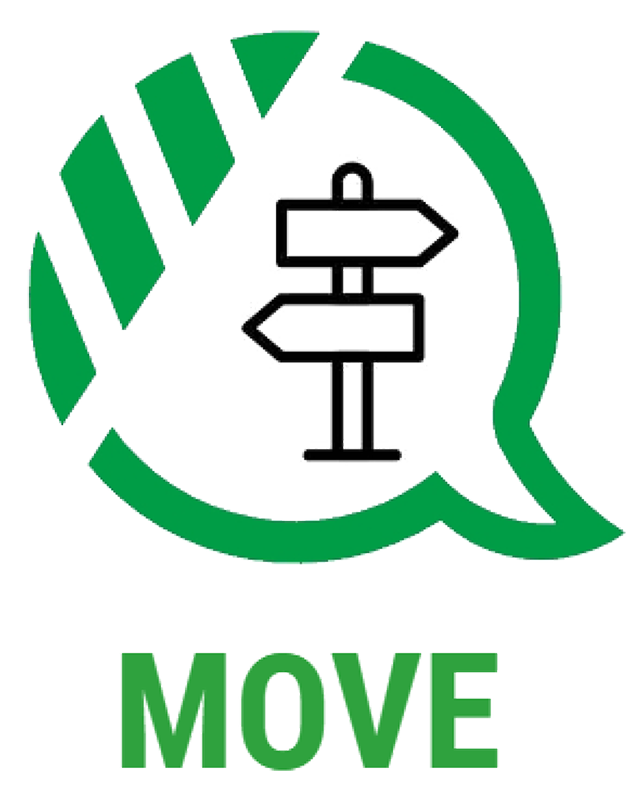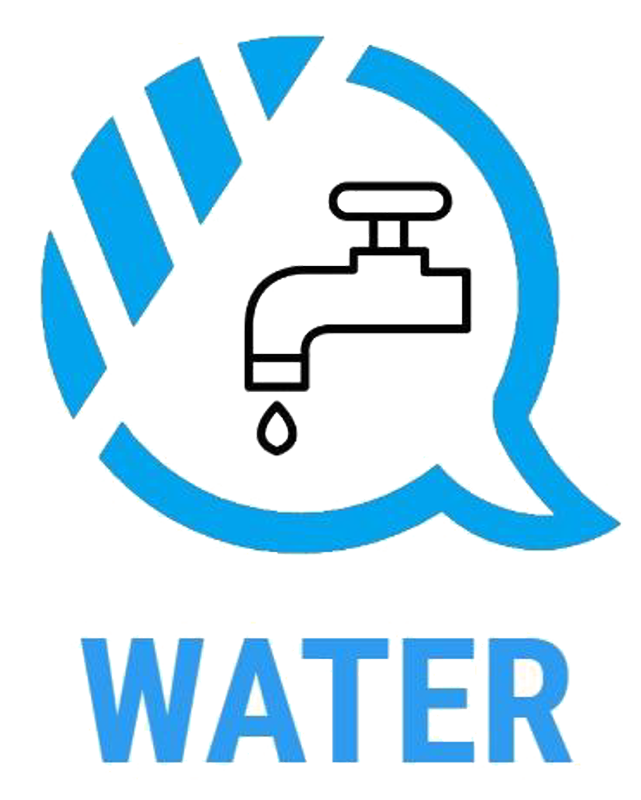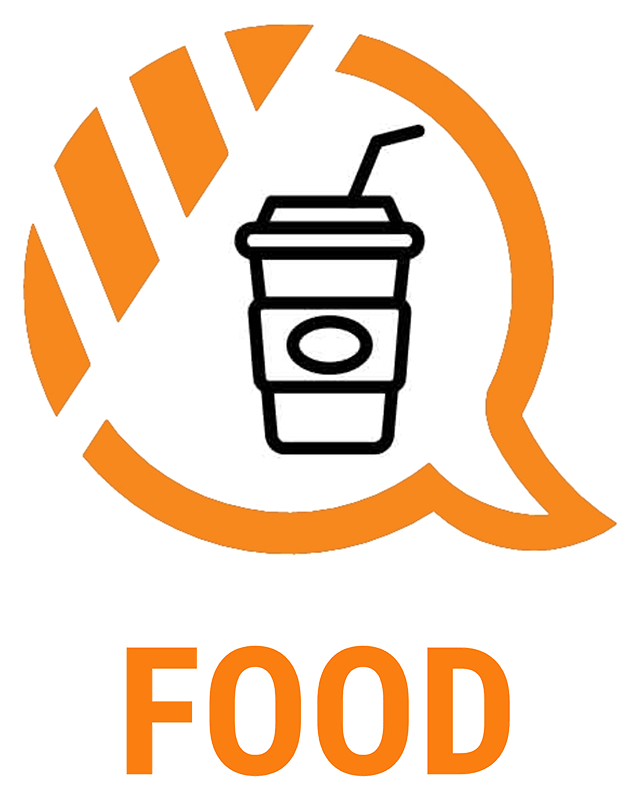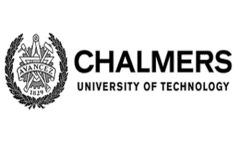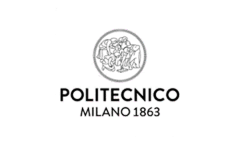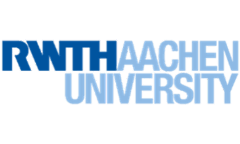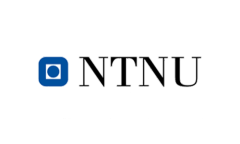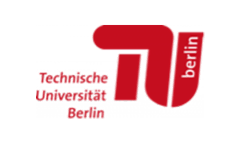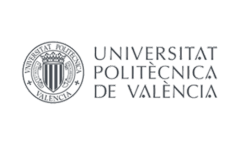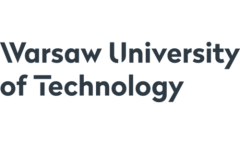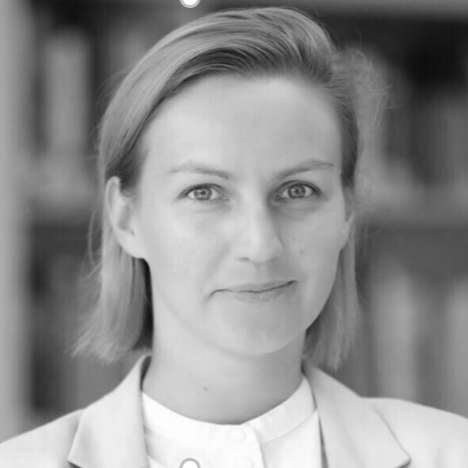
Aleksandra Arcipowska
Joint Research Center of the European Commission
She works as a police officer in the Circular Economy and Industrial Leadership Unit of Joint Research Center of the European Commission. She graduated from the Warsaw University of Technology, Department of Environmental Engineering in 2006 - to pursue a career in the field of climate and energy. Prior to the European Commission, Aleksandra worked at the World Resources Institute - an Washington DC-based environmental and development think tank. She was responsible for setting and managing the Climate Watch (www.climatewatchdata.org), a global data tool for the NDC Partnership. Aleksandra has over 13 years of professional experience working as a consultant and research analyst for several European think tanks and NGOs, including the Building Performance Institute (Belgium), Wuppertal Institute for Climate, Energy, and Environment (Germany), the Institute for Sustainable Development, and the Institute for Renewable Energy (Poland).

Laura Wirtavuori
Aalto University
M.Sc. In industrial engineering and management from Aalto University, Finland.
Work experience from KONE (escalators and corporate culture) to start-ups (Foodora) and SMEs (creating company ecosystems at Synocus), with a focus in education (Aalto Ventures Programme, Aalto Design Factory). Passionate about organizational psychology and the future of work and education, in other words about helping people and companies to find a way to be both successful and happy. Strong community and leadership and knowledge management professional, skilled in organization ecosystems, project management, design thinking, entrepreneurial thinking, public speaking, and interpersonal skills. Interested in climate change as one of the largest wicked challenges of our times. Currently working at Idea Square at CERN to guide youth innovators to making a difference for the sustainable development goals.
